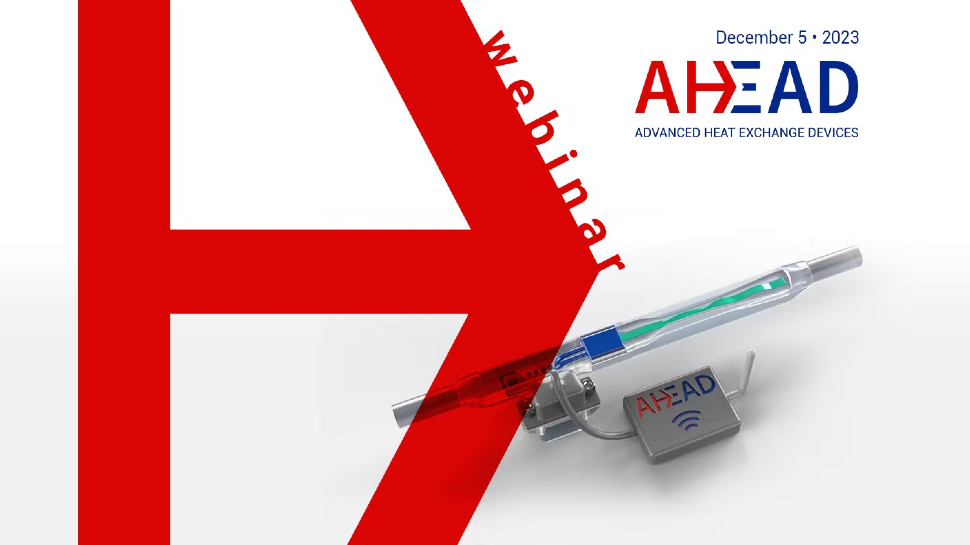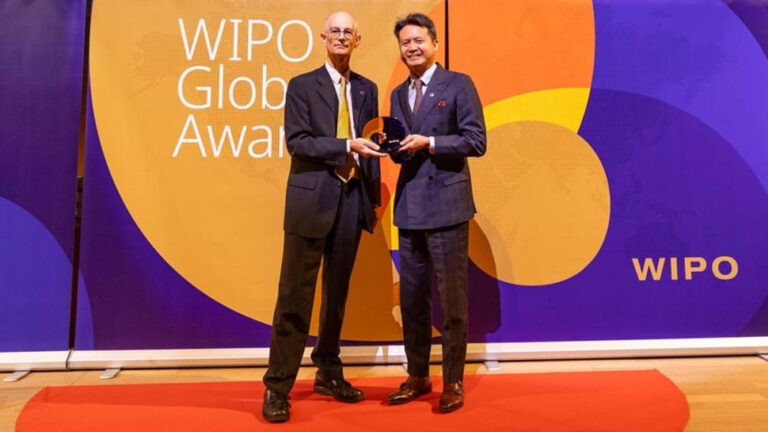The ability to embed sensors and electrical features into equipment is an important feature of Industry 4.0. The data collected by these sensors can be used for process control and optimization or predictive maintenance. AHEAD is an R&D&I project within the ATTRACT ecosystem which aims to develop technology bricks that can be used to integrate electronic components like wires, connectors, sensors and heaters into 3D-printed metal parts.
In this respect, the project team is organizing a webinar on 3D-printed pipe segments with embedded electronics to present the development status of those technology bricks as well as the two applications that AHEAD addresses: space modules and the CERN’s particle detectors.
Here you have all the information to participate in this webinar:
- 🗓️ December 5th, 2023
- ⏰ 13:30 – 16:15h
- 📍 Online
- 📝 Registration here
This project is coordinated by the Swiss Center for Electronics and Microtechnology (CSEM) in partnership with five organizations: CERN, inanoEnergy, LISI Aerospace Additive Manufacturing, Norwegian University of Science & Technology, and Thales Alenia Space France.
It is important to note that the AHEAD consortium hopes to bring its technology to the pre-industrial stage and make it suitable for a wide range of applications including industrial heating and cooling systems, fluid monitoring and heating in medical, life sciences, food and chemical industries.
More information about the AHEAD project is available here.
Update: in this link, you can watch the whole webinar.


